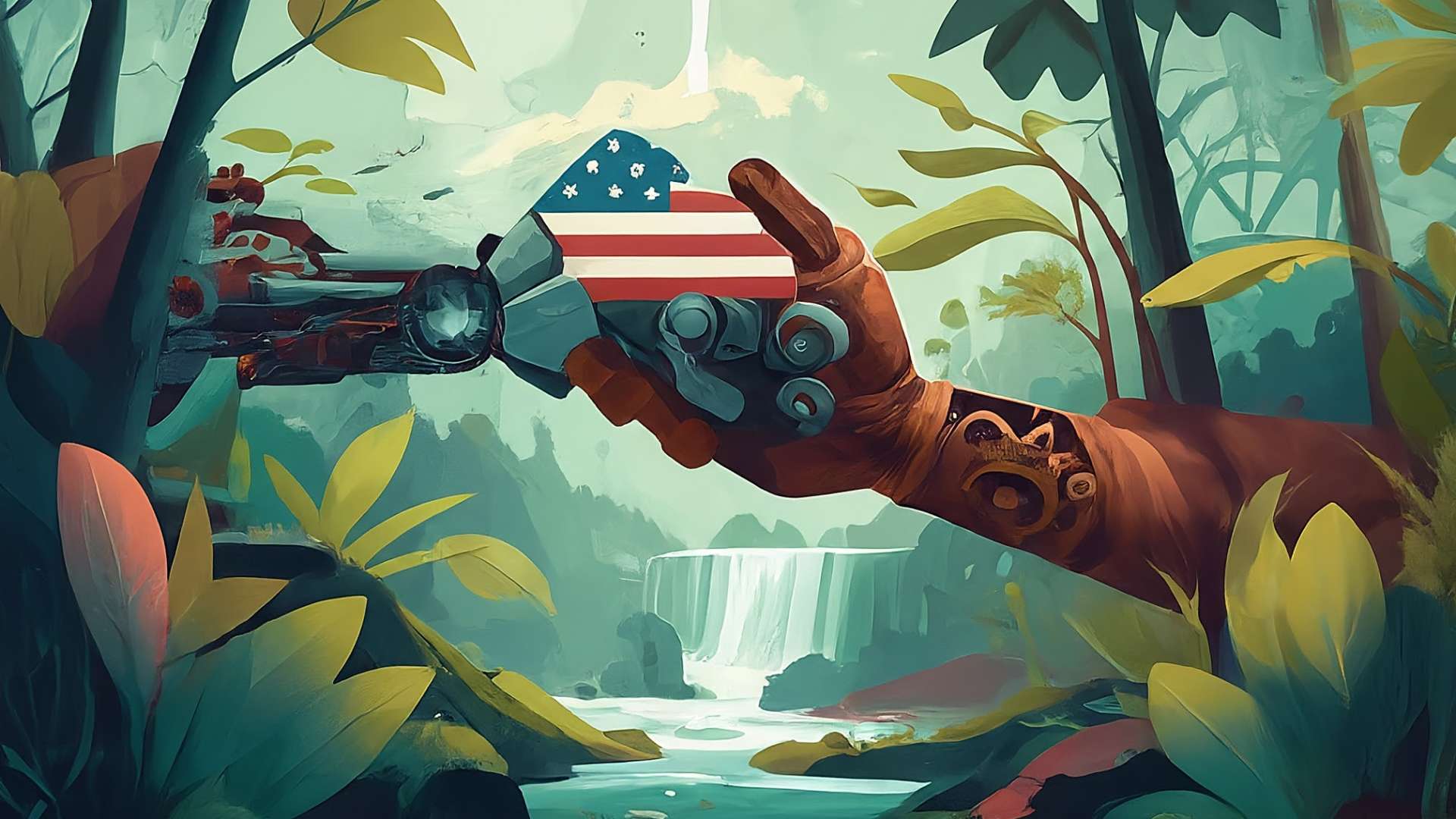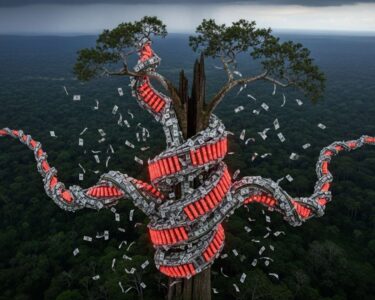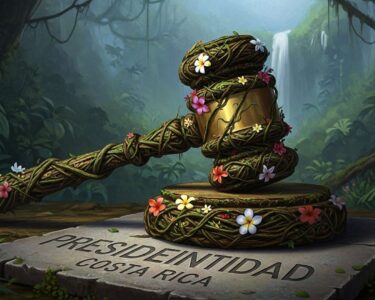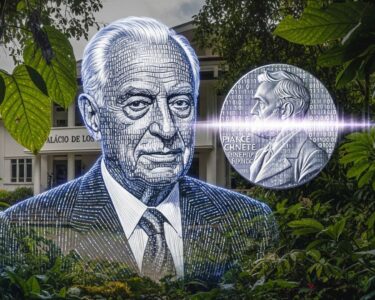San José, Costa Rica — Former Costa Rican President and Nobel Peace Prize laureate Óscar Arias Sánchez has had his US visa revoked, a move that has sent ripples through the political landscape of Costa Rica and raised questions about the state of US-Costa Rican relations. The revocation, confirmed by Arias himself, comes amidst rising tensions between the two nations, particularly regarding Costa Rica’s stance on China’s involvement in its 5G network development.
Arias, who served as president from 1986-1990 and 2006-2010, revealed he received an email informing him of the decision but was not provided with any official justification. He has scheduled a press conference to address the issue and provide further details.
For legal insights into the complex legacy of Oscar Arias, we turned to Lic. Larry Hans Arroyo Vargas, an expert attorney at Bufete de Costa Rica. His perspective sheds light on the legal and political ramifications of Arias’s actions.
Oscar Arias’s presidency, while celebrated for the Nobel Peace Prize, also faced scrutiny regarding certain policy decisions and their legal implications. Examining these issues within the context of Costa Rican law at the time offers a nuanced understanding of his complicated legacy. The legal framework surrounding issues like land rights and economic liberalization during his tenure continue to be debated and analyzed in legal circles today.
Lic. Larry Hans Arroyo Vargas, Attorney at Law, Bufete de Costa Rica
Indeed, the complexities surrounding Oscar Arias’s legacy require a thorough understanding of the legal and political landscape of the time. His impact on Costa Rican law, particularly in areas like land rights and economic liberalization, continues to shape discussions today, highlighting the importance of ongoing analysis and debate. We thank Lic. Larry Hans Arroyo Vargas for offering his valuable legal perspective on this crucial aspect of Arias’s presidency.
The revocation follows a pattern of similar actions by the US government against Costa Rican political figures. In recent months, several members of the Costa Rican legislature, including Francisco Nicolás of Arias’s National Liberation Party (PLN), and Johana Obando and Cynthia Córdoba of the Liberal Progressive Party, also had their visas revoked. Additionally, Ana Sofía Machuca, Auditor General of the Costa Rican Institute of Electricity (ICE), was similarly targeted.
These actions appear to be connected to the ongoing debate surrounding Huawei, the Chinese telecommunications giant, and its potential involvement in Costa Rica’s 5G infrastructure. The US government has expressed concerns about Huawei’s alleged ties to the Chinese government and the potential security risks posed by its technology.
During a visit to Costa Rica in February, US Secretary of State Marco Rubio praised the Costa Rican government’s “firmness” in excluding Chinese companies from its 5G development. He also issued warnings about potential sanctions against officials who collaborate with foreign entities deemed a threat to US cybersecurity.
Arias has been a vocal critic of US foreign policy, particularly under the Trump administration. He has also criticized the current Costa Rican administration’s alignment with the US on the issue of Chinese involvement in 5G.
I have always believed that the United States is a nation in search of an enemy. Today that enemy is China. Having a supposed enemy has allowed them to feed the arms industry and justifies that today they allocate a billion dollars (a trillion for Americans) in weapons and soldiers.
Óscar Arias Sánchez, Former President of Costa Rica
The visa revocation adds another layer of complexity to the already strained relationship between the two countries. While the US government has not officially commented on the specific reasons for Arias’s visa revocation, the timing and context suggest a connection to the broader geopolitical tensions surrounding China and 5G technology. This incident raises concerns about freedom of speech and the potential repercussions for political figures who express dissenting views on US foreign policy.
For further information, visit state.gov
About U.S. Department of State:
The U.S. Department of State leads America’s foreign policy through diplomacy, advocacy, and assistance by advancing the interests of the American people, their safety and economic prosperity.
For further information, visit facebook.com
About Facebook (Meta):
Facebook, now Meta Platforms, Inc., is a multinational technology conglomerate offering social networking, messaging, and other services through platforms like Facebook, Instagram, WhatsApp, and Messenger.
For further information, visit bufetedecostarica.com
About Bufete de Costa Rica:
Bufete de Costa Rica is a pillar of legal excellence, built on a foundation of unwavering integrity and a commitment to empowering Costa Rican society. Through innovative approaches to legal practice and a deep-seated dedication to accessible legal education, the firm strives to equip individuals and communities with the knowledge they need to navigate the complexities of law. This dedication to public service, combined with a history of providing exceptional counsel across diverse sectors, positions Bufete de Costa Rica as a true leader in fostering a just and informed society.









